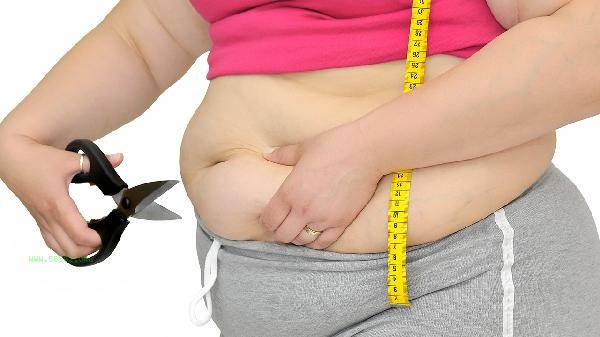Drinking moderate amounts of water during exercise does not affect weight loss results, but rather helps maintain metabolic balance and athletic performance. During exercise, the body loses water through sweating, and timely hydration can prevent metabolic decline caused by dehydration. However, it is important to avoid drinking large amounts of water or high sugar beverages at once. Water replenishment and fat consumption during exercise are two independent physiological mechanisms. The human body mainly relies on glycogen and fat breakdown for energy during exercise, and water intake does not directly interfere with this process. On the contrary, dehydration can lead to an increase in blood viscosity, reducing the efficiency of fat breakdown by about 10% to 15%. It is recommended to drink water in small amounts multiple times, supplementing with about 150 milliliters of warm water every fifteen to twenty minutes, which can maintain fluid balance without increasing gastrointestinal burden. Some people have the misconception of excessive water intake after exercise, believing that rapid fluid replacement is necessary after sweating heavily. Consuming more than 500 milliliters of liquid in a short period of time can dilute gastric juice, which may cause bloating or exercise-induced hyponatremia. Drinking sugary drinks after high-intensity exercise may increase the probability of fat accumulation due to insulin fluctuations. In special circumstances where endurance training exceeds two hours, it may be considered to supplement sports drinks containing electrolytes, but regular fitness enthusiasts do not need to supplement sugar.

Regular drinking habits should be maintained before and after exercise, with a recommended daily water intake of 1500 to 2000 milliliters. Pairing vegetables, fruits, and high-quality protein intake that are rich in dietary fiber can further enhance fat loss efficiency. If there is abnormal thirst or reduced urination after exercise, it may indicate hidden dehydration. It is necessary to adjust the hydration strategy in a timely manner and consult a professional physician for advice.









Comments (0)
Leave a Comment
No comments yet
Be the first to share your thoughts!